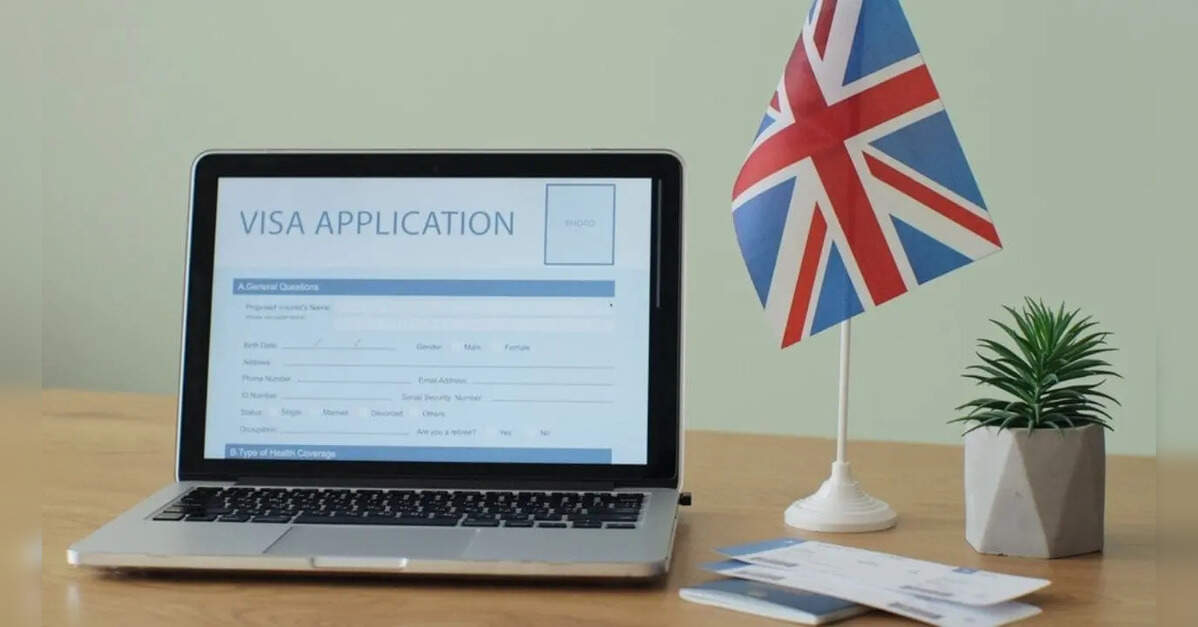- Your cart is empty
- Continue shopping

On Tuesday, the British government discussed stricter new English language test requirements as part of a wider crackdown on visa applicants, including from India, as immigration levels rise to the country.
The new “Secure English Language Test” will be administered by an approved provider with verified results as part of the subsequent visa application process for all skilled workers from 8 January 2026.
An applicant’s standard of speaking, listening, reading and writing must be equivalent to Level 12 English or Grade 12, which the home office believes is a level at which applicants can “better integrate into life in England”.
“This country has always welcomed and contributed to those coming to this country, but it is unacceptable for migrants to come here without learning our language, without contributing to our national life,” said British home secretary Shabana Mahmood.
“If you come to this country, you must learn our language and play your part,” he said.
Laid out in the House of Commons this week as part of a written ministerial statement (WMS), part of the UK government’s ‘immigration white paper’ from May, it is set to tighten the visa regime.
Among other changes in the law, the time for international students to find a master’s-level job after completing their work through the graduate route popular with Indian students will be met for three-year permits as part of an announcement earlier this year.
“This change aims to ensure that, with the information provided, more graduates are being created at graduate level employment and that they stay in the UK and move on to graduate level work and make a proper contribution to the UK economy,” said Mike Tapp, Home Secretary.
The financial requirements for student visas will also be increased for the 2025-2026 academic year, meaning international students must have sufficient funds to support themselves. The maintenance charge of £1,183 per month will rise to £1,529 for London and £1,171 (£1,136) per month for the rest of England.
Immigration skills (ISC), an effective tax paid by UK employers who sponsor skilled foreign workers, will be raised by 32 per cent in the domestic workforce. Small or charitable organisations, £480 per year, £480 per year (over £364), medium and large organizations £1,320 (over £1,000)
“The ISC increase is the first since 2017 and will be used to invest in British workers and encourage overseas recruitment. The parliamentary process will start later this week,” he said.
Other home office changes this week allow graduates to use the high potential individual (HPI) route and double the number of places available under this highly skilled visa route to 8,000 a year.
The number of people coming to the UK via the HPI route is expected to double between 2,000 and 4,000, one of the world’s top universities will give them the chance to base their careers in the UK, he said, having a home office.
The goal is to change plans for the global talent route next year, including the most highly skilled routes and creatives working in film and TV.
“The world’s most talented entrepreneurs who study in the UK also go on the innovator founder route of a student visa after studying in the UK, they also go on the innovative founder route of innovative businesses in the UK,” he said.
In addition, it was announced that all citizens of Botswana will now be required to obtain a visa before traveling to the UK, including for short visits. The move comes in response to the large number of citizens from the South African country arriving as visitors from 2022 and subsequently seeking asylum under what it calls “abuse of the UK’s immigration system”.
